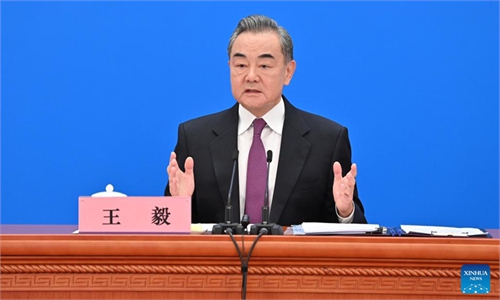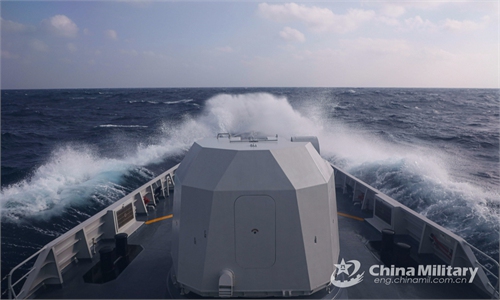
Taiwan Photo: Unsplash
Some Taiwan media and politicians have been hyping a move of US ban on the use of maps that "inaccurately" depict Taiwan island by the US Department of State. Experts warned that this is a "dangerous" move of the US trying to blur the concept of one-China principle and launch a cognition warfare against the mainland.
The ban is part of the $1.5-trillion Consolidated Appropriations Act, 2022.
"None of the funds made available by this Act should be used to create, procure, or display any map that inaccurately depicts the territory and social and economic system of Taiwan and the islands or island groups administered by Taiwan authorities," read the ban.
The Global Times found that although the approved version of the Act did not explain what an "inaccurate depiction" of Taiwan would be, some media and politicians on Taiwan island are excited and interpreted an "inaccurate depiction" as "taking the island as part of China."
According to Taiwan media, some officials from Taiwan's "external affairs" department have thanked and welcomed the signing of the ban.
Some netizens on the island seem to be calmer and more rational at the US' latest move, warning that the US was just trying to stir up war on the Taiwan Straits like Europe.
"The US likes to reap benefit from war for the most!" "If people on the island can see through the US' trick, the two sides over the Straits should sit and talk, or the island would be the next battlefield," netizens warned.
Although the US tries to play word games at the map ban, it is still a dangerous move as it indicates that the US is trying to take actions to blur the concept of one-China principle and promotes an idea that Taiwan island does not belong to China, starting from within its administration system, Li Haidong, a professor from the Institute of International Relations of China Foreign Affairs University, told the Global Times on Sunday.
The US' allies probably would also follow the US, leading to a bad influence on the international community, Li said.
Zhang Wensheng, a deputy dean of the Taiwan Research Institute at Xiamen University, pointed out that the move obviously violates the three China-US Joint Communiqués and the US' commitment to one-China principle.
It will affect maps produced in the US, particularly maps published by government departments, creating a perception in US society that the mainland and Taiwan island are two different countries, which is so-called cognitive warfare proposed by Western society including the US, a blatant declaration of war against the one-China principle, Zhang noted.
The move by the US is on one hand an expression of support for the authorities led by Tsai Ing-wen, on the other hand, it is an attempt to drive a wedge between the two sides across the Taiwan Straits. However, this policy will not change the fact that Taiwan is part of China, nor will it change the Chinese people's determination of reunifying with Taiwan, Zhang noted.
The move certainly would encourage some secessionists on the island, but it would rather strengthen the resolution for reunification of the Chinese government and Chinese people, experts noted.



